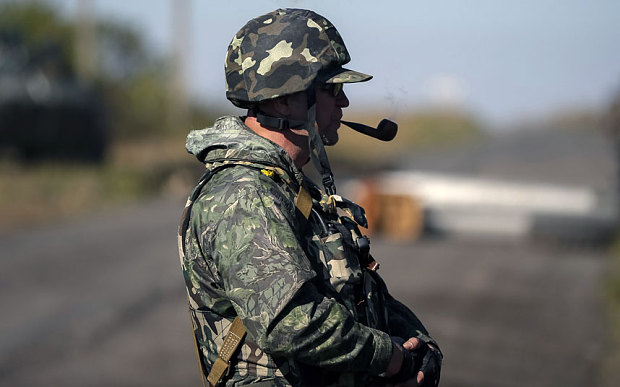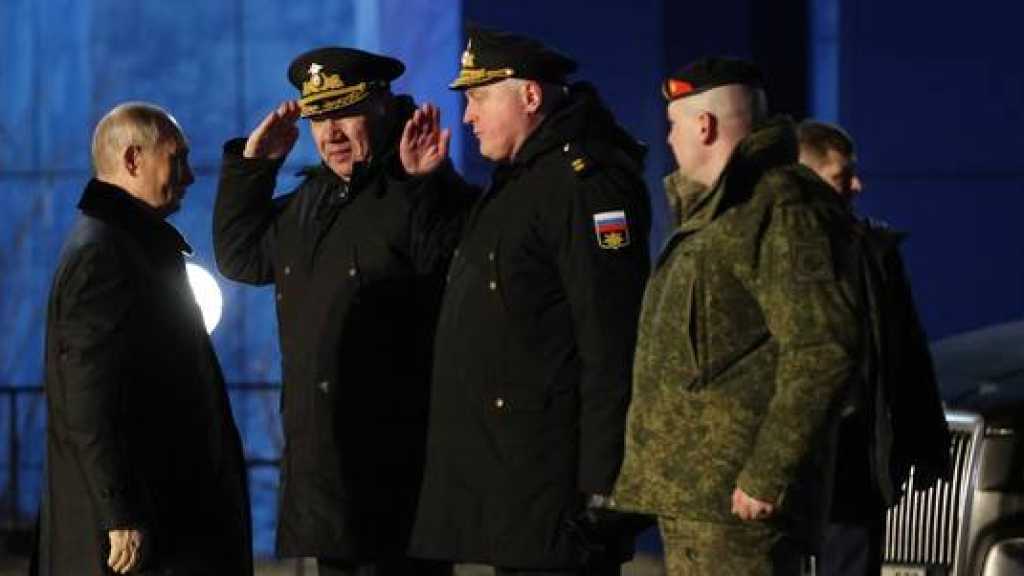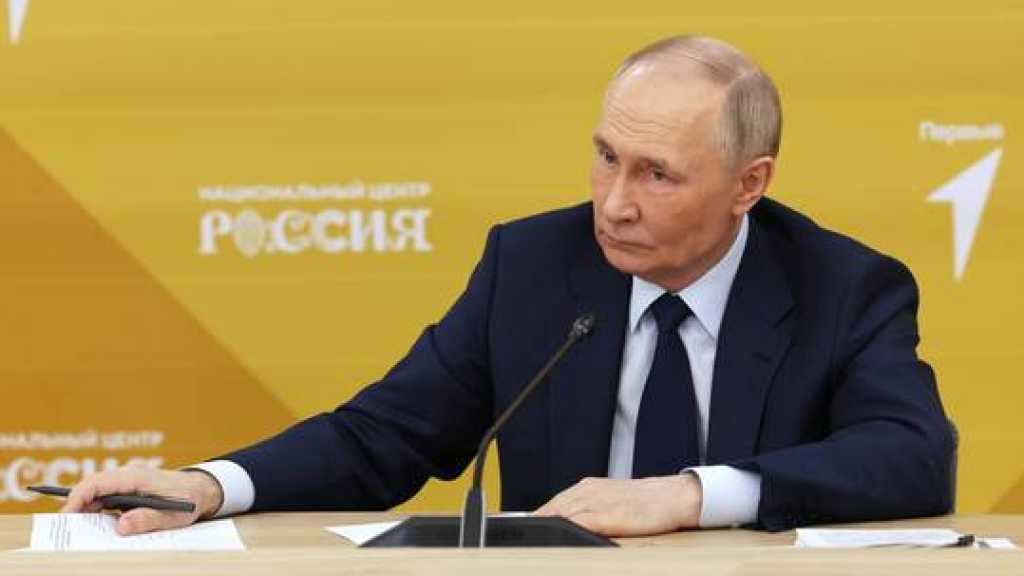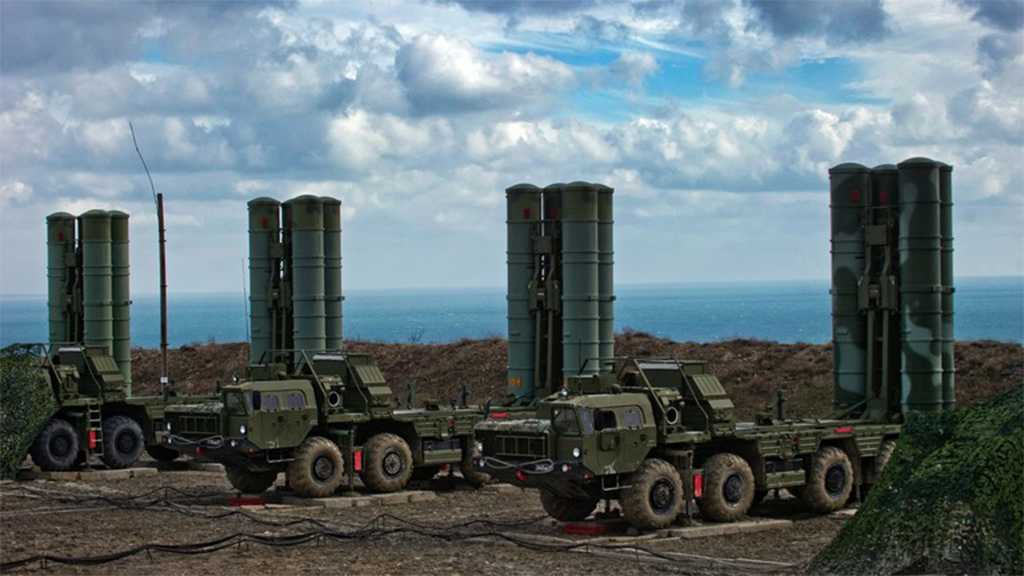
Ukraine Truce Takes Hold as West Lines Up Russia Sanctions

Local Editor
Ukraine and pro-Kremlin insurgents appeared to be observing a truce on Saturday that could stem five months of bloodshed, but failed to head off fresh Western sanctions against Russia and is unlikely to quell the separatist drive in the east.
The 12-point pact signed on Friday in the Belarussian capital Minsk is the first to be backed by both the Kremlin and Kiev since bands of Russian-speaking militias seized a string of government buildings across Ukraine's industrial heartland in early April.
But the Western leaders nonetheless decided to punish Russian President Vladimir Putin for his efforts in supporting the rebels by beefing up sanctions on Russia's most crucial state firms.
"The only reason that we're seeing this ceasefire at this moment is because of both the sanctions that have already been applied and the threat of further sanctions," US President Barack Obama claimed.
With the rebels winning notable gains in recent days and Russia outwardly defiant over the impact of earlier sanctions, there was little sign the ceasefire would put an end to the eastern insurgency.
The closely coordinated steps by Washington and the European Union target Russia's cash-generating energy and defense sectors while taking aim at the overall economy by limiting Moscow's ability to raise funds in the West.
Obama said these measures were needed to ensure Russian "follow-through" on the peace plan, although the West remains painfully aware that its previous attempts to pressure Putin have met with little success.
EU diplomats said their "agreement in principle on new sanctions" would be officially implemented in writing on Monday.
And, at its Wales summit, NATO also approved a "spearhead" force of several thousand soldiers that would maintain a "continuous" presence in eastern European nations that view Putin's intentions with dread.
"This decision sends a clear message - NATO protects all allies at all times," the alliance's outgoing chief Anders Fogh Rasmussen said.
Britain confirmed it could contribute 3,500 troops to the new force, and put a second aircraft carrier into service, with Prime Minister David Cameron saying NATO "must be able to act more quickly".
The peace blueprint - its initial terms unveiled by Putin this week after telephone talks with his Ukrainian counterpart, Petro Poroshenko - could leave separatists in effective control of a region that accounts for one-sixth of Ukraine's population and a quarter of its exports.
It was drawn up during a surge in tensions as the rebels launched a lightning counter-offensive that saw a dramatic reversal of fortunes for the Ukrainian army. NATO says the rebels were bolstered by heavily-armed elite forces from Russia.
Under the deal brokered by the OSCE European security body, both sides have agreed to start pulling back their units and exchanging prisoners on Saturday.
Russia was also allowed to supply stricken cities with humanitarian aid which Kiev had previously blocked out of fear the convoys could be used to smuggle weapons.
Source: News Agencies, Edited by website team
Comments
- Related News

Putin Envoy to Visit Washington
2 months ago
Putin: Russia to Finish Off Ukrainian Forces
3 months ago
